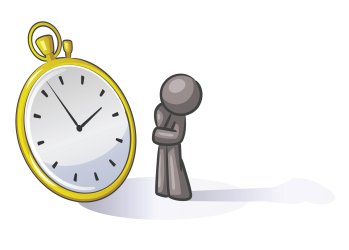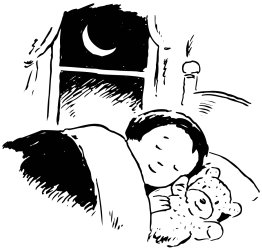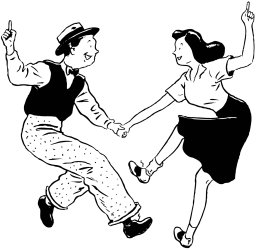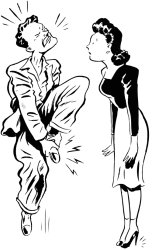English Verb Tenses
Sometimes English verb tenses seem complicated, don't they?
But they don't have to be, not if you really understand them.
Make sure to visit our English Grammar Tenses Collection for stories and exercises for all English tenses.
Click Here for Step-by-Step Rules, Stories and Exercises to Practice All English Tenses
What Does TENSE Mean?

It comes from the Latin word "tempus", which means "time".
Examples
"Sang" is a form of the verb "sing". This form shows the action
happened in the past. This is the Past Tense.


In fact, English verb tenses are not much more complicated than that. We will go over them step by step so that you get full a understanding of them.
We will start with the Simple English Tenses.
A Simple tense is a form of a verb that simply shows when the action takes place.
- The Simple Past is a form of the verb that shows the action took place in the past.
- The Simple Present is a form of the verb that shows the action takes place in the present.
- The Simple Future is a form of
the verb that shows the action will take place in the future.
For example: Lisa will dance tomorrow.
For example: Lisa danced yesterday.
For example: Lisa dances every day.
Click here for the full data, examples and exercises on the Simple Tenses, and how to use them
Progressive (Continuous) Tenses

A Progressive tense is a form of a verb that shows the action is in progress. Or in other words, that it continues.
- The Past Progressive is a form of the verb that shows the action was in progress at some time in the past.
- The Present Progressive is a form of the verb that shows the action is in progress in the present.
- The Future Progressive is a form
of the verb that shows the action will be in progress at some
time in
the future.
For example: Lisa will be dancing tomorrow at 8 o'clock.
For example: Lisa was dancing yesterday at 8 o'clock.
For example: Lisa is dancing right now.
Perfect Tenses

A Perfect tense is a form of a verb that shows the action is complete. It does not mean the action is "perfect" (100%). It means the action is finished.
- The Past Perfect is a form of the verb that shows the action was complete before some time in the past.
- The Present Perfect is a form of the verb that shows the action was complete before the present.
- The Future Perfect is a form of
the verb that shows the action will be complete before some time
in the
future.
For example: Lisa will have danced tomorrow by 9 o'clock.
For example: Lisa had danced before she came.
For example: Lisa has already danced.
Click here for the full data, examples and exercises on the Perfect Tenses, and how to use them
Perfect + Progressive?!

A Perfect Progressive tense is a form of the verb that shows the action started, continued, and was complete until some point.
- The Past Perfect Progressive is a form of the verb that shows the action started in the past and continued until some point in the past.
- The Present Perfect Progressive is a form of the verb that shows the action started in the past and continued until the present.
- The Future Perfect Progressive
is a form of the verb that shows the action will continue until
some
point in the future.
For example: By tomorrow morning, Lisa will have been dancing for 12 hours!
For example: Lisa had been dancing for 2 hours before she was tired.
For example: Lisa has been dancing for 3 hours without stopping!
Well, that is the big picture on English verb tenses.
Practice all the simple tenses. Download the English Grammar Stories and Exercises Series.
Go to each individual section for the full picture,
examples and exercises on each tense:
Progressive
(Continuous) Tenses
Perfect
Progressive (Continuous) Tenses
For many more
examples of the English tenses, visit this section:
Examples
of
English Tenses
Make sure to also go over the Using the Future Tense in English section.
See Also
You can also check out our Learn
English
Video section.
Get Updates, Special Offers, and English Resources
Download your FREE GIFT (the first two chapters of
English Short Stories Book and Workbook)
as soon as you join!

By submitting your email, you consent to receiving updates and newsletters from us and to the sharing of your personal data with third parties for the purposes of sending you communications. We will not spam you. You can unsubscribe at any time. For more information, please see our privacy policy.







